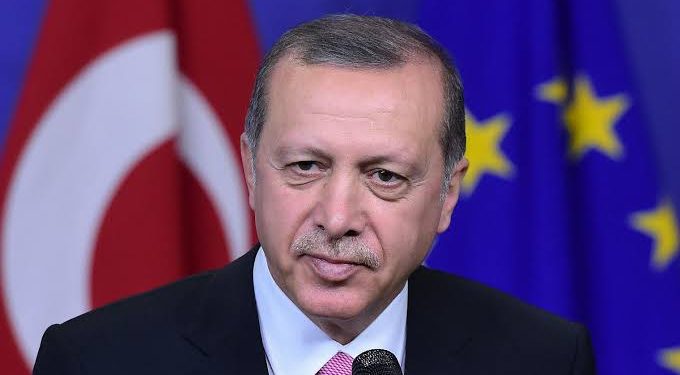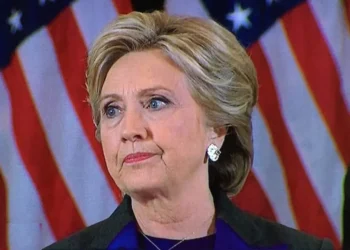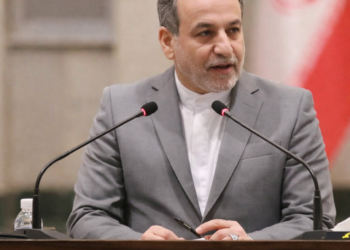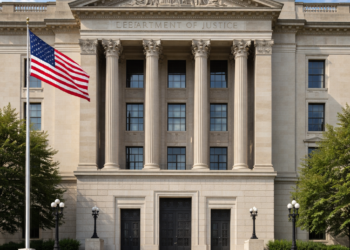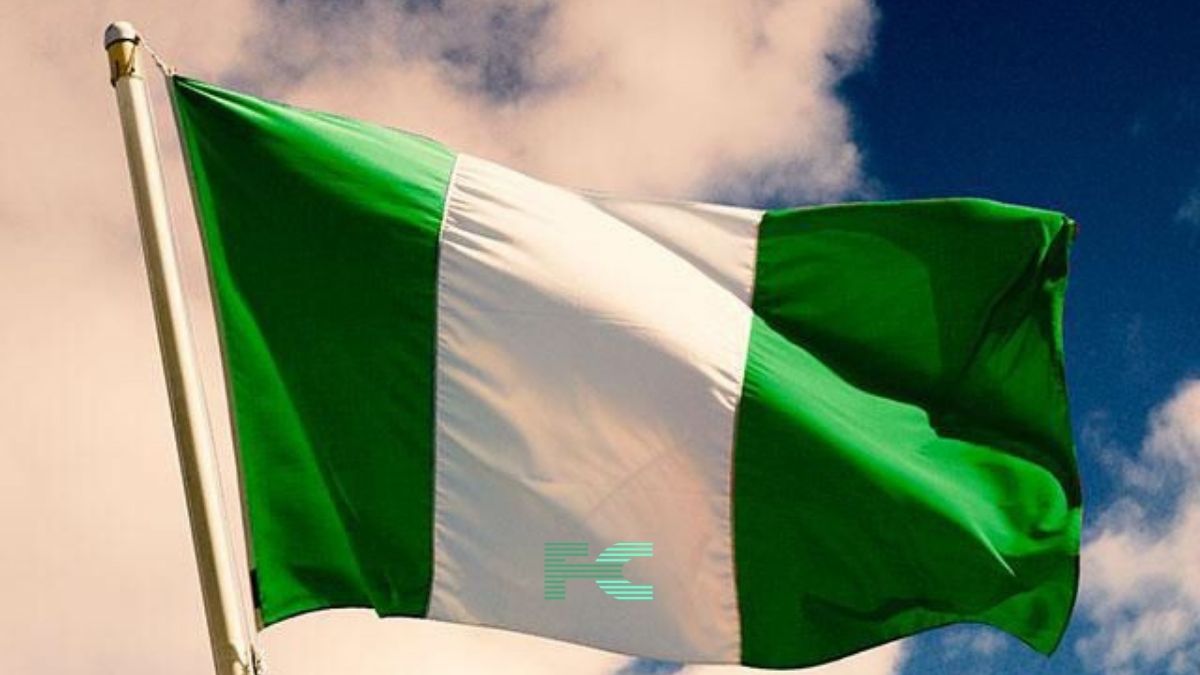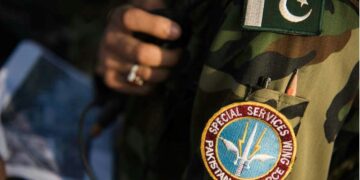Turkish President Recep Tayyip Erdogan reshuffled his communications team on Thursday, appointing Deputy Foreign Minister Burhanettin Duran as the nation’s new Communications Director.
The surprise move replaces Fahrettin Altun, who had led Erdogan’s 1,500-strong communications apparatus since its 2018 creation and will now transition to heading Turkey’s Human Rights and Equality Council.
The Presidency’s Communications Directorate wields significant influence over Turkey’s media landscape, where approximately 90% of mainstream outlets support Erdogan’s government.

Under Altun’s leadership, the directorate aggressively pursued what it termed “disinformation” campaigns, particularly targeting independent media and social media critics while amplifying pro-government narratives internationally. There are hopes that Duran’s Africa-focused diplomatic experience will bolster Turkey’s media outreach to the continent, where Ankara has sought to expand its soft power.
Duran’s Political Ascent from Diplomacy to Media
Duran brings substantial foreign policy credentials to the role, having recently mediated Ethiopia-Somalia negotiations and coordinated Turkey’s expanding African partnerships. His appointment signals Erdogan’s continued prioritization of international messaging as Turkey navigates complex relationships with NATO allies and regional powers.
The communications directorate maintains offices across Europe, Asia, and Africa, functioning as both a PR apparatus and monitoring network for global coverage of Turkish affairs.
While the leadership change comes a as surprise to observers, experts are anticipating policy continuity given the directorate’s crucial role in maintaining Erdogan’s political dominance during economic challenges and upcoming local elections.
The new appointment is coming as Turkey implements controversial social media laws requiring platforms to appoint local representatives and comply rapidly with content removal requests. As it stands, Duran is inheriting an organization that critics allege systematically suppresses dissent, though government officials defend it as necessary to combat foreign influence operations and terrorist propaganda.
What Happens Now
As Duran assumes control, analysts will monitor whether he maintains Altun’s confrontational approach or adopts subtler strategies to burnish Turkey’s image abroad. The appointment coincides with heightened sensitivity around media coverage of Turkey’s economic policies and its balancing act between Russia and NATO.
With Erdogan entering his third decade in power, the communications directorate remains essential for shaping narratives both domestically and in Turkey’s growing sphere of influence across Africa, the Middle East, and Central Asia.

